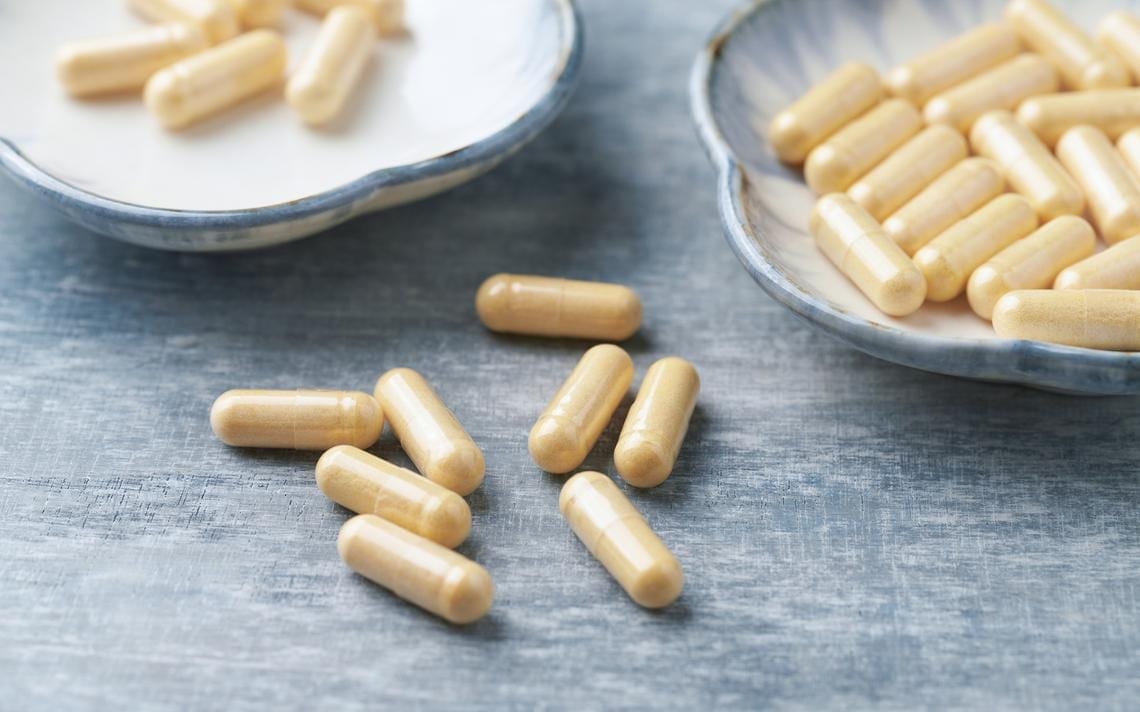Dietary supplement have been a part of the global market consciousness for over 3 decades now. It started in the late ’80s with the aftermarket effect coming around with the aerobics and bodybuilding crazy. Everybody wanted to be like Cindy Crawford. Everybody wanted to be like Arnold. What came with that era was a whole branch of science and consumer experimentation. This brought about new and improved formulations for virtually any kind of athlete. In this article, we’ll separate some myth from fact, and offer some juicy bits to take with you as you shop around for your favorite supplements.
Creatine
The only dietary supplement that has been proven to increase muscle mass is creatine. Creatine monohydrate and its other forms have been extensively studied in the lab to the point where an observable difference in size and leanness can be empirically documented. Other supplements hint at the possibility of you being able to increase muscle mass. According to expert Nutritionists from Supplement First, quality creatine is the only one that’s been proven to work. For the purpose of this article, “protein” and all its forms do not fit under the classification of “muscle building supplement” due to the biological fact that increasing this macromolecule will have a direct translation to muscle mass.
Omega-3
Fish oil has been another staple for years, now. Fish oil has so many wonderful properties, especially in the decreasing of overall systemic inflammation. When we talk about fish oil, what we really mean is ALA, EPA, and DHA. These three are some of the most important Omega-3 fatty acids and comprise the building blocks for your cells’ hydrophobic phospholipid bilayer. That means without Omega-3 fatty acids, your body has a much harder time repairing and renewing new cells. Because of this, it has been postulated that their direct availability may have an effect on the repair of human cardiovascular damage, although the specific mechanism of action hasn’t been directly observed.
Diet And Micronutrient Gaps
When it comes to fat loss, there is only one proven dietary supplement to do it effectively: eat less and move more. It doesn’t matter if you eat a Big Mac a day or ten bowls of spinach. If you eat significantly under your Basal Metabolic Rate, you’ll lose weight. Now, with that said, the quality of food affects the efficiency in who your body utilizes nutrients. This is primarily due to micronutrient function in one’s diet affecting metabolic and hormonal processes. Losing fat is different than body recomposition. If you’re looking to stay objectively healthy while on a diet, a vegetable supplement like a “green” smoothie powder can fill in the gaps and even out the micronutrient downfalls of all your favorite crash diets.
Supplements were never meant to be a quick fix. That’s why they’re called what they are called. They’re not replacements for a good diet and exercise plan. The addition of supplements, however, can help speed up the process as well as help maintain physique throughout your cutting, bulking, or various stages of body recomposition. If you use them wisely, you’ll notice your benefits a lot faster than you expected.








